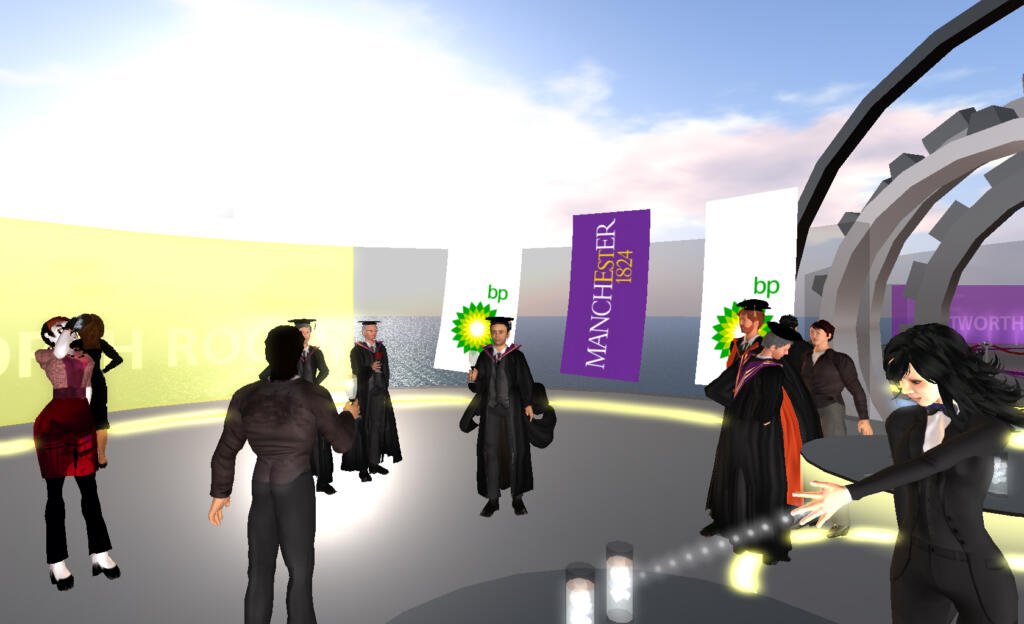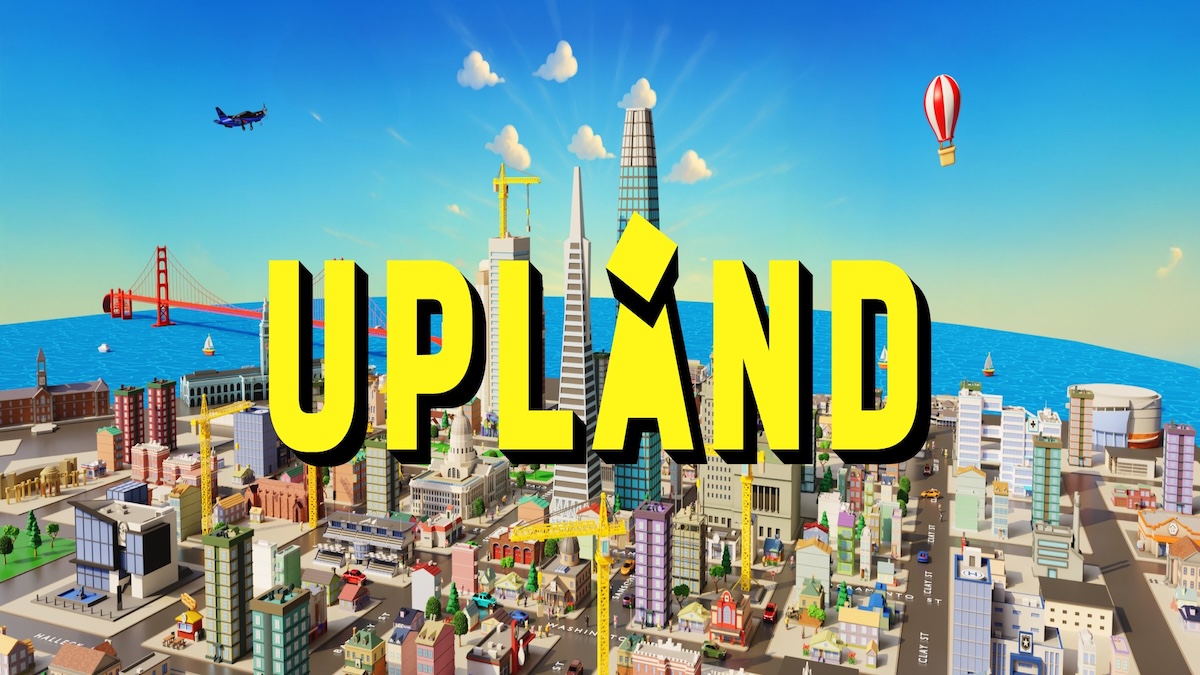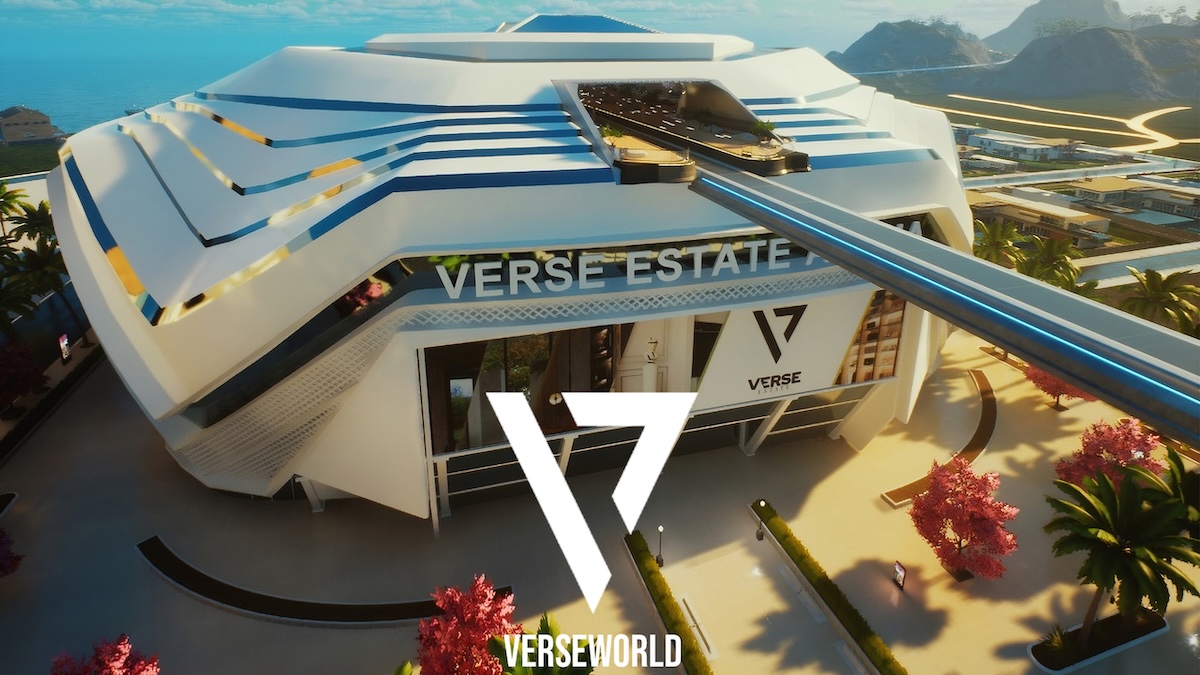Different Types of Metaverse Applications
The Metaverse. A world of possibilities. A world of exploration and excitement. Also, it's a world with enormous economic opportunities.

In comparison, blockchain-based web3 metaverses have modest MAUs. Nevertheless, community-owned and decentralized metaverse applications keep flourishing day by day.
According to a Grayscale report, if the growth rate of web3 metaverse virtual worlds between early 2020 and June 2021, i.e., 10x, goes on, the segment has the potential to become mainstream in the coming years.
Many web3 companies that began as NFT-based play-to-earn games are now transitioning into metaverse projects. That’s why they make up an essential part of the web3 metaverse environment. In addition, open worlds, fashion, virtual goods, and education applications dominate the landscape.
Open Worlds

These are virtual worlds where players can play games, visit art galleries, and participate in live events like concerts, much like everything we can do IRL, but without physical and geographical boundaries.
The most well-known web3 open worlds are Decentraland, The Sandbox, Cryptovoxels, Somnium Space, and NFT Worlds. Most of these worlds have their own economies built around native cryptocurrencies. For example, Decentraland has Mana, and The Sandbox has Sand. Users can purchase items or attend events inside the open virtual world, spending these native currencies.
Multiplayer online games

A large number of applications fall into this category. These play-to-earn games deploy a variety of popular genres borrowed from traditional online games, ranging from card trading and role-playing to quests and horse racing, and give the ownership of in-game assets to players via NFTs.
Metaverse applications of P2E games don’t have to exist independently. In fact, most are built inside the virtual open worlds like the Sandbox or Decentraland mentioned above. But top blockchain games are metaverses in and of themselves. Two of the most well-known ones are Alien Worlds and Axie Infinity.
Applications by fashion and luxury brands

The metaverse concept has a powerful influence on the fashion industry. World-famous fashion brands entered the metaverse primarily via NFTs that featured digital products like virtual sneakers. For example, Nike partnered with artist Takashi Murakami to launch the Cryptokicks NFT collection. Adidas followed a similar path with the “Into the metaverse” project, which featured digital sneakers redeemable to physical products and compatible as virtual clothing inside the Sandbox metaverse.
Brands also create immersive experiences to build long-lasting relationships with young generations. The luxury brand Burberry, for instance, released a multiplayer NFT party game featuring a character called Sharky B. The company sold branded in-game accessories such as armbands and pool shoes as NFTs, which players could use to customize their game characters.
Education applications

Merging AR and VR technologies with decentralized identities and specific NFT solutions like soulbound tokens builds the perfect setting for the future of education.
An example is Edverse. The company develops immersive learning environments powered by Polygon and Elysium blockchains. These virtual classrooms can also serve as conference rooms and spaces for hosting graduate meetings and creating joint classes with other institutions. The company has an NFT library that currently stores over 25,000 education assets. In the future, users will also be able to participate in learn-to-earn activities and receive the metaverse’s native EDV tokens as rewards.
Another metaverse education project is the Learnoverse, built by the crypto learning hub BitDegree. The metaverse will issue NFT certificates. Moreover, it will launch an incentivized learning ecosystem to enable instructors to increase their income through teaching. Learnoverse will consist of many courses set in different buildings inside the 3D virtual CryptoDegree city and will solely focus on blockchain and crypto education.




